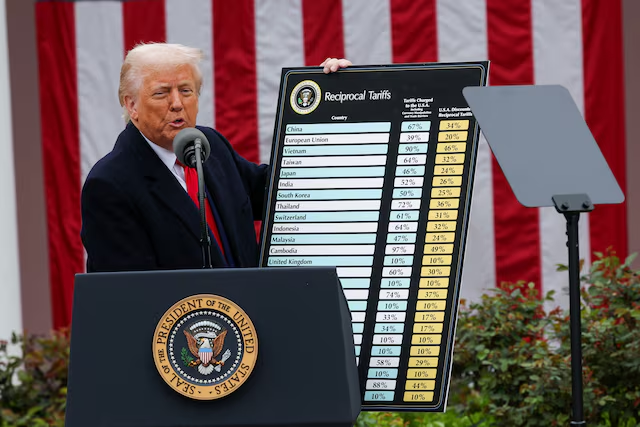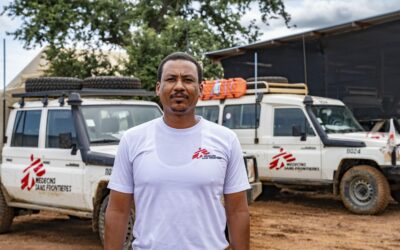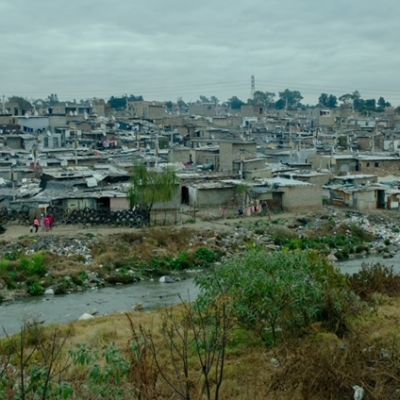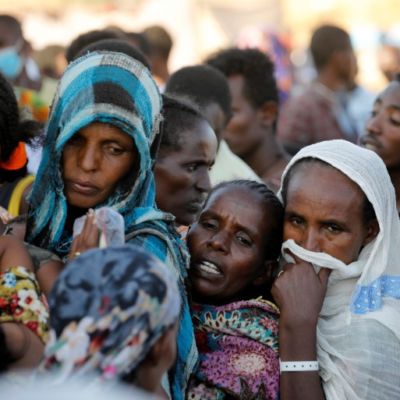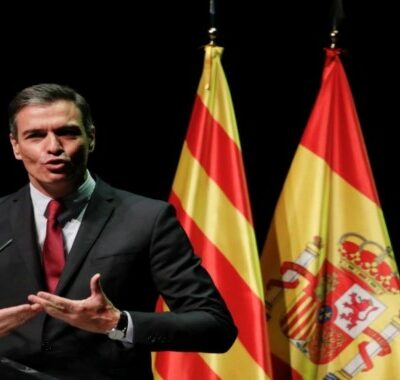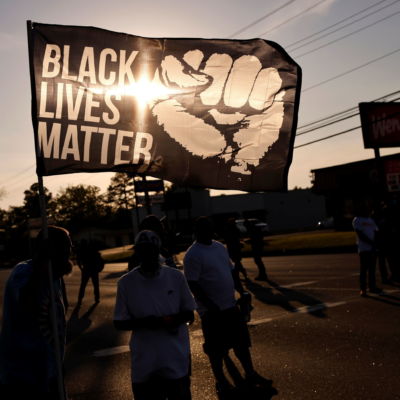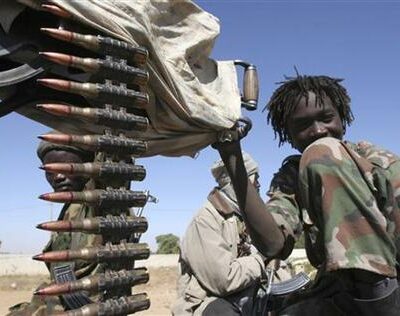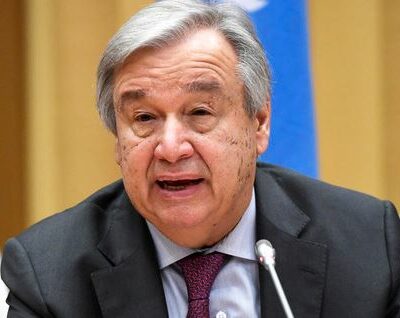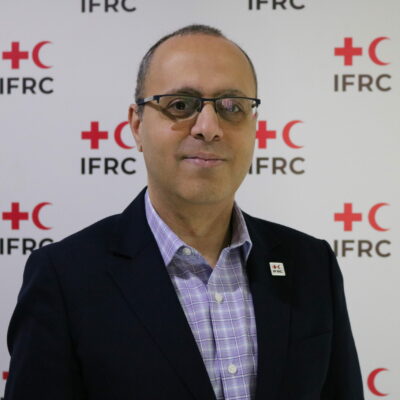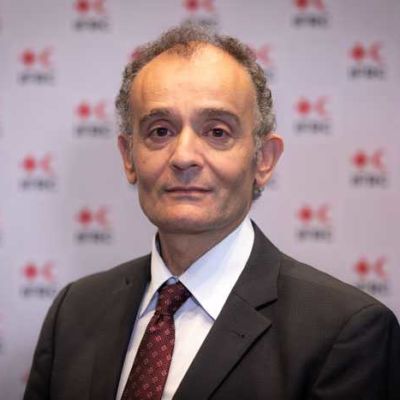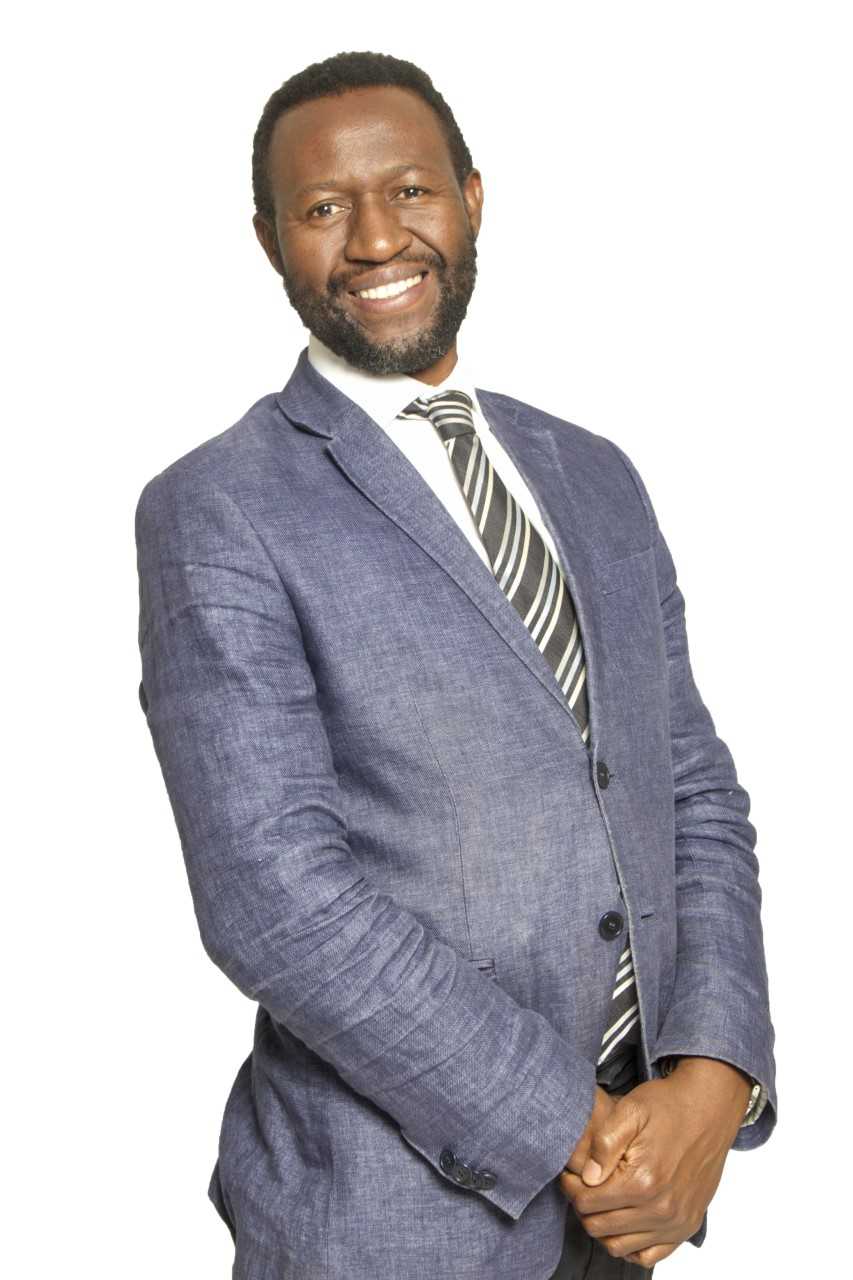
William Gumede
Former South African President Jacob Zuma started serving his prison sentence of 15 months. This is the first time the leader or former leader of an African liberation movement, which is still in power, has been sent to jail. The significance of this moment cannot be overstated. It is not only a significant moment for South Africa but for African liberation movements generally.
Three crucial things are required to build viable democracies, prosperous economies and societal peace after violent opposition to authoritarian regimes: equality before the law, the rule of law and accountability. Almost none of former African liberation and independence movements, especially those with armed wings, have done this after coming to power since the end of colonialism and white-minority regimes.
This is the main reason why many African countries have remained underdeveloped, become failed states and plunge into civil wars.
Although African countries which are governed by liberation and independence movements have constitutions, laws and democratic institutions, these in most cases do not apply to their leaders but only to ordinary citizens.
Since the end of colonialism after the Second World War, leaders of governing African liberation and independence movements have invariably seen themselves – and supporters went along with that, to be above their countries’ constitutions, laws and democratic institutions.
Furthermore, African liberation and independence movements in government usually protect their current and former leaders from going jail – they are like a cult or brotherhood, covering up for each other, even if they are outrageously corrupt, guilty of human rights violations and doing crime.
The South African judgement which sends Zuma to jail for contempt of court will also bolster attempts of judiciaries, parliaments and civil society groups in African countries governed corruptly by liberation and independence movements and leaders to hold them accountable by pushing for them to get jail time for wrongdoing.
Of course there have many former African leaders who have prosecuted for corruption, murder and human rights abuses. However, they were not liberation or independence movement leaders. Where leaders of liberation movements have been put in jail, their movements were already out of power.
In one case, former Zambian President Kenneth Kaunda, a first-generation independence leader, was jailed over Christmas 1998 for alleged involvement in a coup d’etat against then opposition leader turned president Frederick Chiluba.
By the time of his arrest Kaunda and his governing party, the United National Independence Party (UNIP), Zambia’s independence party, had already lost power. Chiluba, and his former opposition movement, had replaced Kaunda in the country’s multiparty elections in 1991.
Zine El Abidine Ben Ali, the leader of Tunisia, on 14 January 2011, following a month of protests during the “Arab Spring” was forced to flee the country he ruled.
A Tunisian court sentenced Ben Ali and his wife in absentia to 35 years in prison on 20 June 2011 on charges of theft. In June 2012, another Tunisian court sentenced him in absentia to life imprisonment for inciting violence and murder. He received another life sentence by a military court in April 2013 for violent repression of protests during the “Arab Spring” protests.
He did not serve these sentences, dying in exile in Saudi Arabia on 19 September 2019. Ben Ali, a member of Tunisia’s independence party, the Destourian Socialist Party became Tunisian leader on 7 November 1987, when he ousted then President Habib Bourguiba, who had led the party, in a bloodless coup d’état.
In 1988 Ben Ali changed the name of the Destourian Socialist Party to the Democratic Constitutional Rally (RCD).
When Ben Ali was sentenced for wrongdoing, the RCD had ceased to exist after being dissolved on 9 March 2011 by the Tunisian courts.
In December 2019 an Algerian court sentenced Ahmed Ouyahia a former Prime Minister to 15 years in prison on corruption charges. Ouyahia was sentenced for the second time, in a separate corruption case, in June 2020 to 12 years.
Ouyahia, a former career diplomat, was one of the founders, in 1997, of the Democratic National Rally, an opposition party. Ouyahia was not part of Algeria’s liberation movement, the National Liberation Front (FLN).
The dividends of liberation
Liberation and independence movements, particularly those with armed wings, such South Africa’s ANC, Angola’s MPLA or Zimbabwe’s Zanu-PF, see themselves as solely responsible for the liberation of their countries from colonialism. As a liberation dividend, the leaders of these movements, often reckon they have a free pass to behave, take others’ lives and use public resources for personal benefit, without accountability.
This results in post-independence African countries have two parallel governance, legal and moral codes: the official country constitution, laws and institutions, which ordinary citizens must adhere to; and a second informal system, for the independence and liberation movement leaders which are agreed among them.
In short, in African countries governed by former liberation and independence movements there is no equality before the constitution, the law and democratic institutions, as leaders are above the law. This is one of the main reasons for African countries plunging into failed states.
This situation of two kinds of citizenship undermines economic growth, development and wealth creation, because it undermines the rule of law. Leaders can steal public resources, commit murder and take the assets of others – with little prospects of being held accountable. It breeds a culture of impunity.
Because the leaders cannot be held accountable by formal judiciaries, parliaments or elections, they can often only be pushed out through coups.
When Algeria’s FLN appeared to lose the December 1991 parliamentary elections to the Islamic Salvation Front, the FLN cancelled the elections after the first round, and plunged the country into a bloody civil war, dubbed the “dirty war” because of the unspeakable atrocities meted out against civilians.
It took rolling mass popular protests by civil groups during the “Arab Spring” uprisings to push out Tunisia’s Democratic Constitutional Rally, the successor to the independence Destourian Socialist Party.
Former Zimbabwean leader Robert Mugabe had to be pushed out by a coup within his own party, because he could not be held accountable through the court system for the grand corruption, murder and mismanagement.
Zuma himself of course, was ousted as president of South Africa, after he failed to install his ex-wife Nkosazana Dlamini-Zuma as his successor at the ANC’s 2017 national conference. He was forced to resign as head of state in early 2018, after the ANC threatened to have a vote of no-confidence in him, in which he would have humiliatingly lost power, and all post-presidential income and privileges.
Sending Zuma to jail is a defining moment in South Africa’s post-apartheid history. It finally brings to life the country’s world class democratic constitution, upholds the authority of democratic institutions, establishes equality before the law, and begins the process of establishing of the rule of law – without these the country cannot consolidate democracy, become economically prosperous and have social peace.
Gumede is Founder and Executive Chairman of the Democracy Works Foundation, and Associate Professor, School of Governance, University of the Witwatersrand, Johannesburg, and author of ‘South Africa in BRICS’ (Tafelberg).
- Most Viewed
- Most Popular


